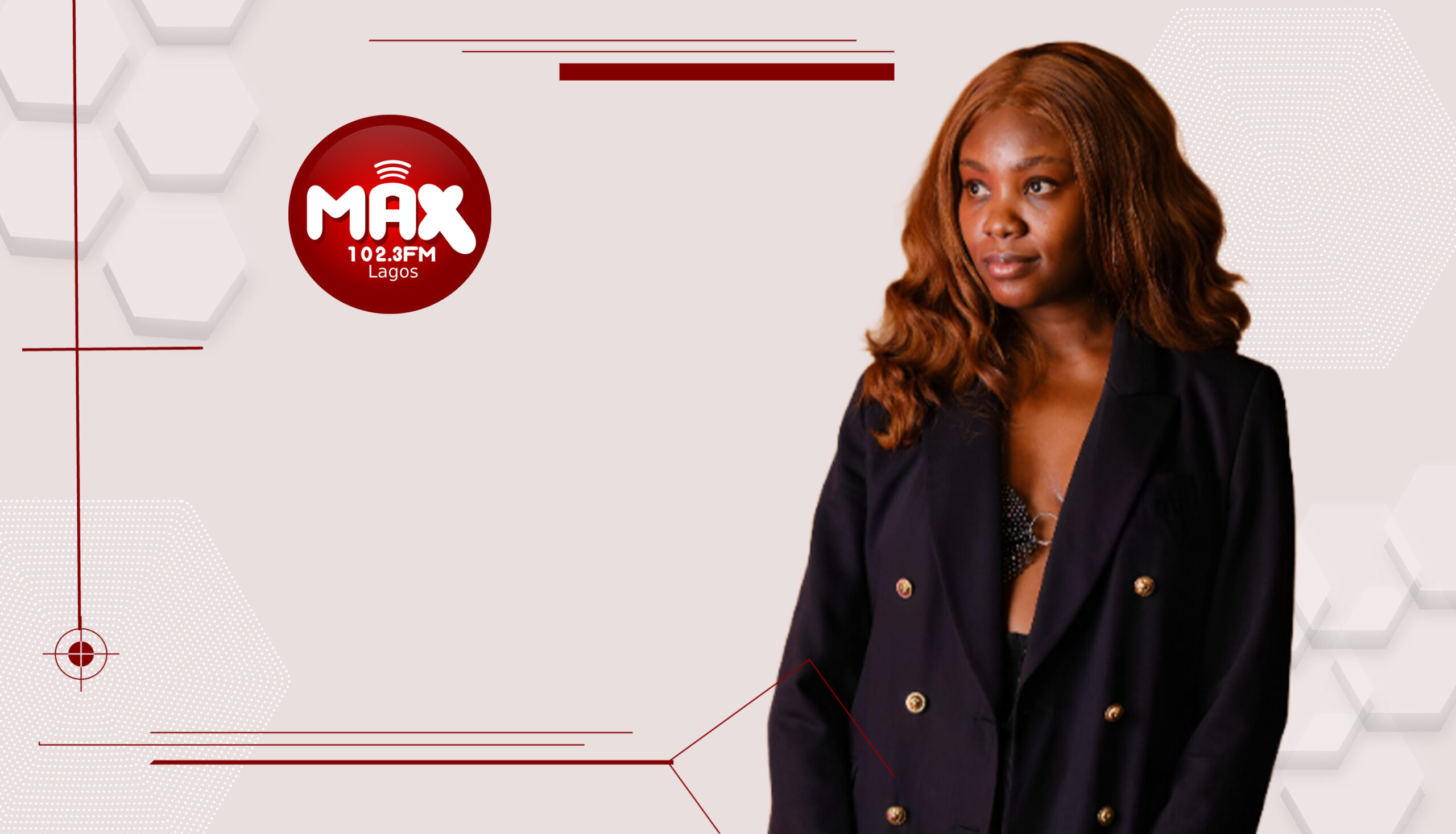Menu

Breakfast With Melody
Take a brake, enjoy your time.
Have fun with cool music on Breakfast With Melody[...]
Info and episodes
Nollywood actor Yul Edochie is once again making headlines—this time with a surprising announcement that he has embraced the role of a native doctor, a decision he says is guided by a divine calling.
In a recent Instagram post, Edochie revealed that his decision stems from a higher purpose: to serve God, uplift humanity, and protect African cultural heritage. The actor, known for his controversial public persona, stated that his spiritual path is not a rejection of faith but an embrace of traditional values that align with God’s will.
Edochie explained that the calling to become a native doctor is more than just a personal journey—it’s a sacred duty.
“The call to become a native doctor is a call from the Most High God. A call to serve God, serve humanity, and preserve the traditional ways of your people,” he wrote.
He also acknowledged the stigma often attached to native doctors but stressed that, like any profession, there are those who misuse their calling. Edochie compared this to religious leaders who stray from their path.
“Unfortunately, some people abuse the call by turning evil. Just as a pastor or priest can turn evil. A true native doctor will never involve themselves in evil. A true native doctor is a servant of God Almighty.”
Edochie’s message aims to shift public perception of native doctors—often misunderstood or misrepresented—as being tied to dark or harmful practices. He insists that authentic native doctors are spiritual guides who operate within the framework of divine morality.
His decision brings to the forefront the need to recognize and respect African traditional spirituality, which has often been marginalized in modern discourse.
The actor’s post has sparked debate across social media, with reactions ranging from admiration to criticism. Some applauded his boldness and dedication to preserving African culture, while others questioned the implications for his public image and religious beliefs.
This development also reignites a broader conversation about the role of African traditional religions in today’s society—especially in regions where Christianity and Islam dominate. Traditional healers have long served communities with spiritual guidance and natural remedies, yet many continue to face cultural stigma.
As Edochie steps into this new phase of his life, all eyes are on how he balances his new spiritual role with his identity as a public figure and entertainer. His declaration signals not just a personal transformation, but a call for deeper cultural introspection.
Whether viewed as controversial or courageous, Yul Edochie’s move challenges stereotypes and sparks necessary dialogue about spirituality, tradition, and identity in Africa.